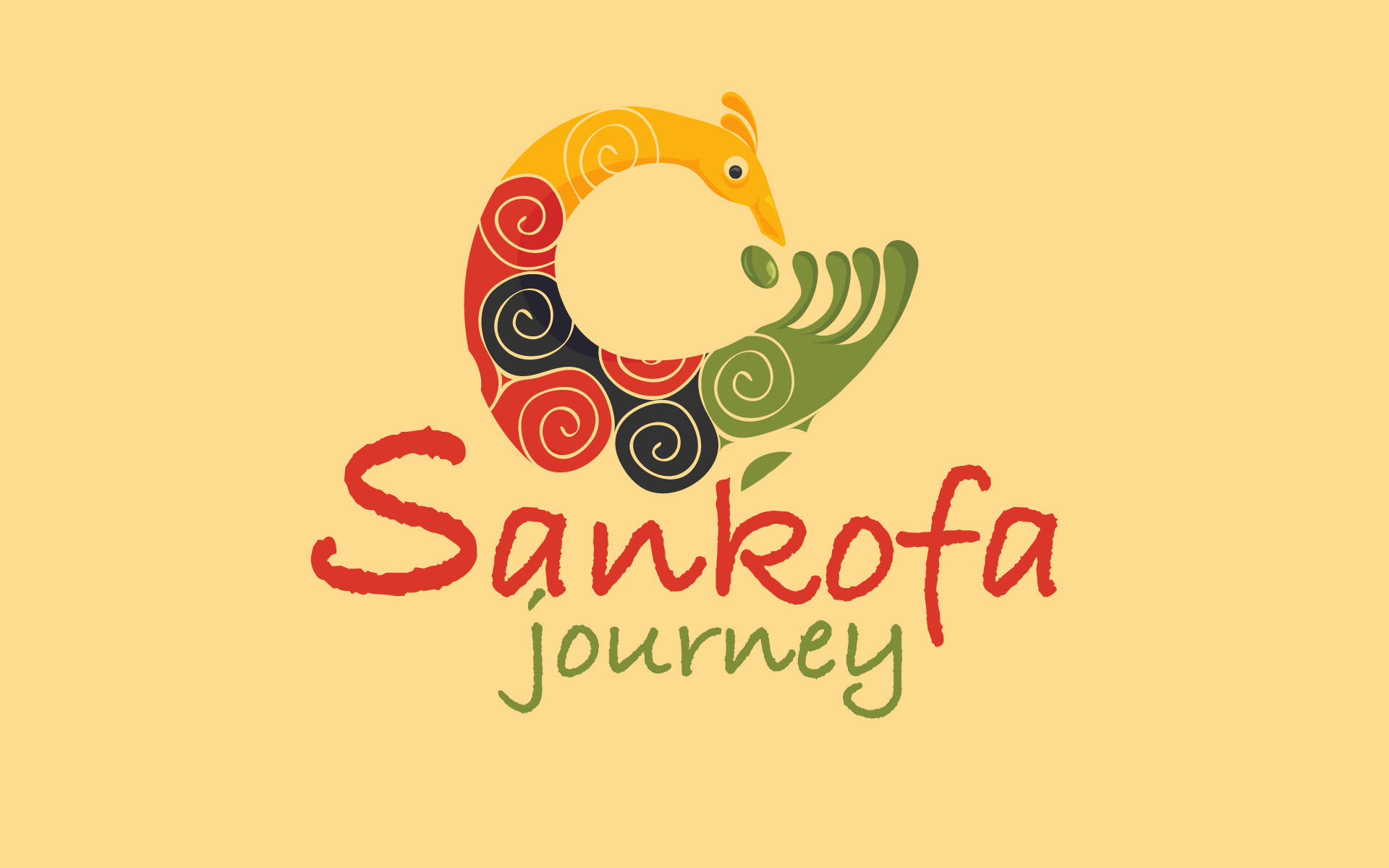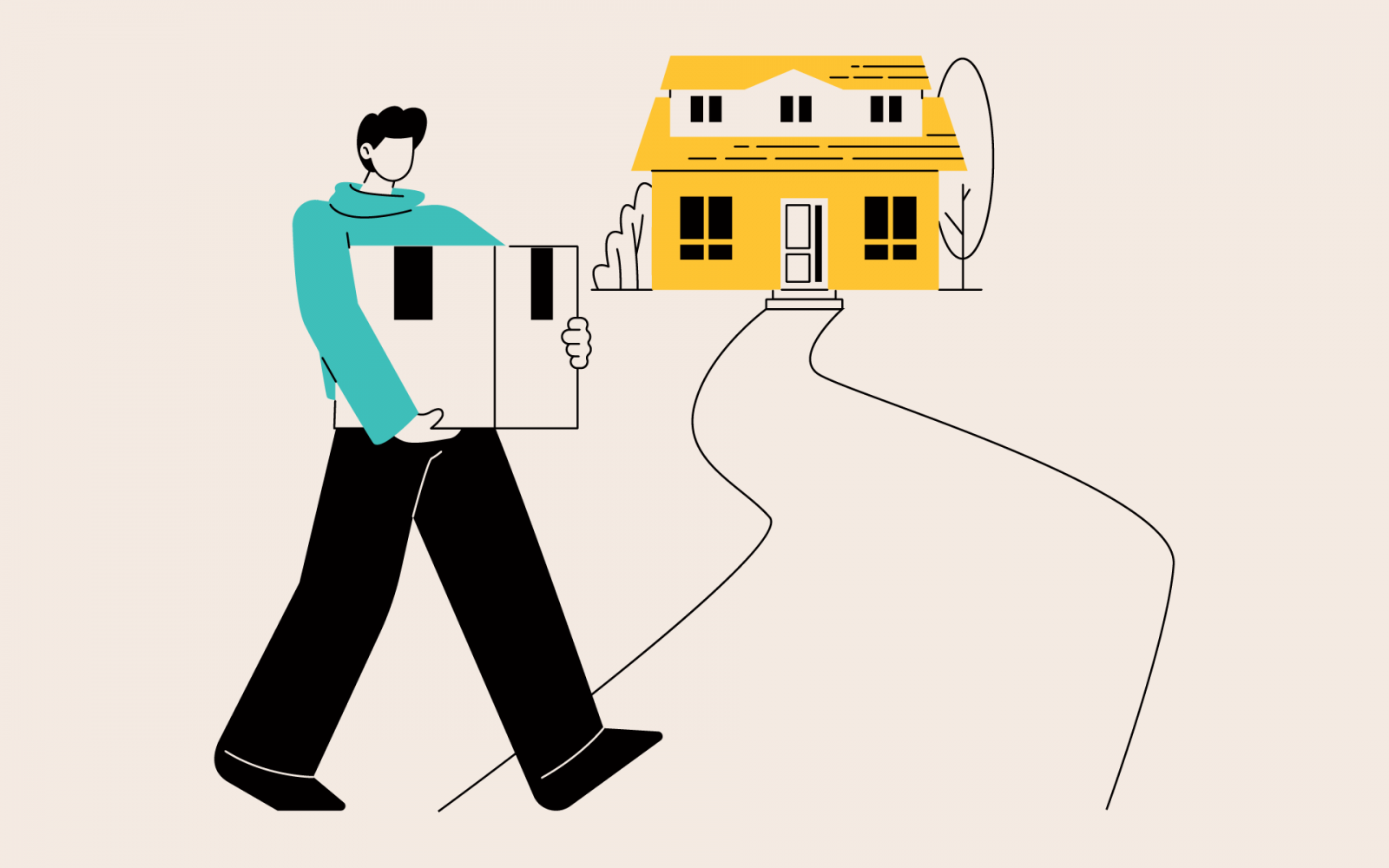The day I met the 101-year-old ancestor who forever changed my life

I can compare the experience to a Xhosa tradition called imbheleko, when a new-born baby is introduced to their ancestors for the first time.
I recently went on a pilgrimage to a rural village in the Eastern Cape, where my maternal grandparents are from. My grandmother is from a village called KwaQongqotha, eight kilometres from King Williams Town (which is now known as Qonce). My grandfather is from Gwili-gwili, not far from Alice.
My now late grandparents met at a teachers’ college and were deployed to educational institutions in Mpumalanga and Gauteng. They settled in the East Rand region of Jo’burg and hardly visited their homelands.
I’m told by my grandfather that my great-grandmother died quite sad from being neglected by her children.
I had become aware of my great-grandmother’s broken heart, through her spiritual visitations. The message was clear. She wants her grandchildren and their children to get closer to their ancestral home and to her spirit.
So, I met with my mother and her siblings, as well as my brother and our cousins. “We need to embark on a Sankofa journey”, I explained.
Sankofa is a word from the Akan tribe in Ghana. It means “return to the past to learn from it, in building the future”.
We were going to start our journey in KwaQongqotha, and then head to Gwili-gwili. In my first attempt to arrange the trek, a few people kept asking why we were going to the Eastern Cape. After fielding their excuses, I got frustrated and called off the trip.
But the messages of my great-grandmother’s broken heart were relentless. One day, my mother, uncle and I ran into an elder from Gwili-gwili, who gave us new information. One of my great-grandmother’s nieces, Nomvuyo Maria Tsika, was still alive at 101 years old.
She was the only living relative from that generation who could give us credible information about my great-grandmother and those ancestors. And so began the journey.
I went a few days ahead, as some work needed to be done to prepare a homecoming ceremony at my great-grandmother’s home. I was younger than most who should be leading this kind of mission, which was usually designated to men of a certain ranking in the family.
I didn’t know my mother tongue, isiXhosa, very well, thanks to the urbanisation of our indigenous languages. I was, however, the only one in my Jo’burg family with the drive and means to translate the mission, under the guidance of a female traditional leader.
I consulted with men from the family who were custodians of the sacred scrolls that hold our cultural identity. I came to accept that the patriarchal order in our African culture must be there for this reason.
I got a crash course in becoming a woman in Xhosa culture. I learned to make umbhako, a delicious bread made in a cast iron pot over hot coals. I learned to make the traditional African beer, umqombothi, by fermenting maize meal and sorghum malt.
At last, we, the prodigal children from the city, were able to gather around Makhulu (Granny) Nomvuyo. At 101 years old, her body was giving way. She couldn’t stand on her own or walk unassisted. But her mind was still sharp, and her speech was clear.
She told us about her father, Ernest Tentyi Tsika, who was my great-grandmother’s older brother. Ernest was the third son of my great-great-grandfather, Lumkwana Tsika. We were holding the ceremony at his house.
When Makhulu Nomvuyo got tired from speaking, or perhaps overstimulated, we sat in silence. Those sitting closest to her would hold her warm hands and let her words and essence soak in us, like water to soil on a temperate spring day.
I can compare the experience to a Xhosa tradition called imbheleko, when a new-born baby is introduced to their ancestors for the first time.
Part of the ritual involves the appointed elders reciting the baby’s clan names to the baby. Not for the baby’s ears, but for the spirits that accompany the baby. Essentially, speaking to that baby’s soul.
I felt like a baby, hearing this beautiful recitation for the first time. My young mind still can’t comprehend what hit me, but my soul gets it. I call this experience ‘our rebirth’. I don’t think any of us have been the same since.
Following Makhulu Nomvuyo’s recital, we were led by the family’s griots, or storytellers, to what felt like our baptism ceremony. We learned a song that must have woken even the sleepiest of our deities. We sang and danced with the enthusiasm of nursery school kids at their graduation.
In the middle of the yard, surrounded by picturesque hills, stood a kraal with a large circular structure woven from twigs, called ebuhlanti. This is an enclosure for the family’s livestock, as well as a sacred space where traditional rituals are held.
A goat I had chosen, or that rather had chosen me, was to be sacrificed, not just for our healing but for generational healing. We were told that the goat’s deep bellow spoke volumes. It signalled that the ancestors were happy, to which we say, “iCamagu livumile!”, meaning the ancestors are in agreement.
The final day of the four-day ceremony was a celebration of the goat’s bellow, or the wink from the ancestors. We feasted. We laughed. We feasted some more.
My brother and I erupted randomly into our new ritual song, a beautiful soundtrack that takes us back to that place and time. I would keep reciting our newly-learnt clan names throughout that week. But they eluded me.
As soon as I got back to the city, I found I could recite the clan names without flinching. I call my newfound family often, just so I can practise the clan names, imitating Makhulu Nomvuyo’s pride when she recites them.
Calling home also means I get to practise my isiXhosa, which I believe is the key to me decoding the meaning of the ancient scrolls.




